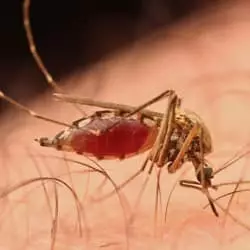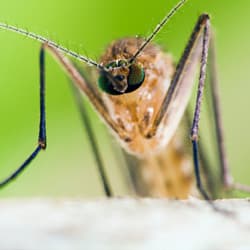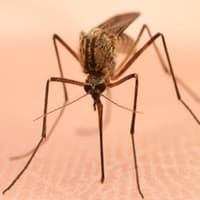There is a new virus on the block and it has everyone talking. That’s how it goes. When something new happens, it is big news. But when it keeps happening, we move on and start talking about something else. For instance, we all know that crimes happen all across the country every single day. But we don’t hear about the vast majority of them. Nor would we want to. It would get exhausting. The same things are true with mosquito viruses. People get horribly sick and even die, from mosquito-borne diseases each year. But it happens so frequently, it is no longer reported. So, I guess we should thank Zika for getting people to talk about how dangerous mosquitoes can be, again.
In the war against mosquitoes, we are actually winning. Do you know that mosquitoes are directly connected to over 3 million deaths worldwide every year? But we have considerably fewer deaths in the United States. This is due to several reasons: high standard of sanitation, an effective and accessible health care system, widespread mosquito abatement, and more. When compared to the countries around us, there is a stark contrast in the impact mosquitoes have. But that can change.
The Zika virus hit Brazil in 2015. In only one year it has affected millions of people. That is a staggering statistic. This is a virus that can spread quickly. But here in the United States, it has not spread to local mosquito populations yet. All current cases of Zika virus are travel related. Unfortunately, this is not the case for other viruses, such as encephalitis, that travels from animals to mosquitoes and back again. Viruses like West Nile, dengue, yellow fever, eastern equine encephalitis, St. Louis encephalitis, Western equine encephalitis, and LaCrosse encephalitis, are here to stay. All of these viruses use animals and mosquitoes to incubate into an infectious disease, and all of these are characterized by a swelling of the brain. These can be very uncomfortable viruses to contract, and many of them produce joint pain, body aches, flu-like symptoms, and can lead to death.
So it is a good idea that Zika has everyone talking. This virus isn’t spreading locally yet. But since it has everyone talking, it has renewed the resolve of many municipalities, businesses, and homeowners to get mosquito services, which naturally work to prevent the spread of all infectious diseases that use mosquitoes as a vector.
If you would like to be part of the solution that is protecting our families from all of the many mosquito diseases that are currently spread in local mosquito populations, and help to reduce the threat of an outbreak of Zika, malaria, and other non-local viruses, reach out to us today and start the conversation.


